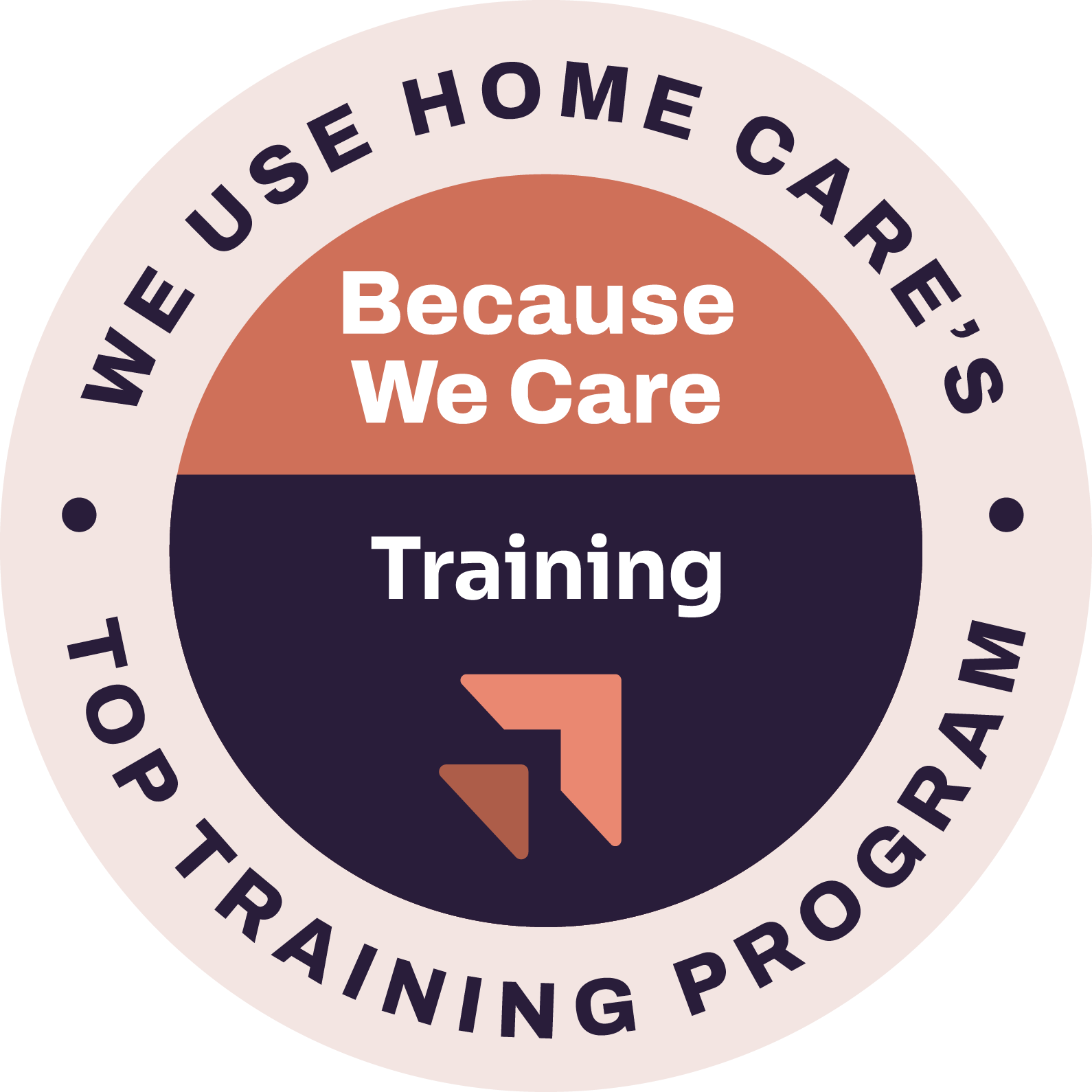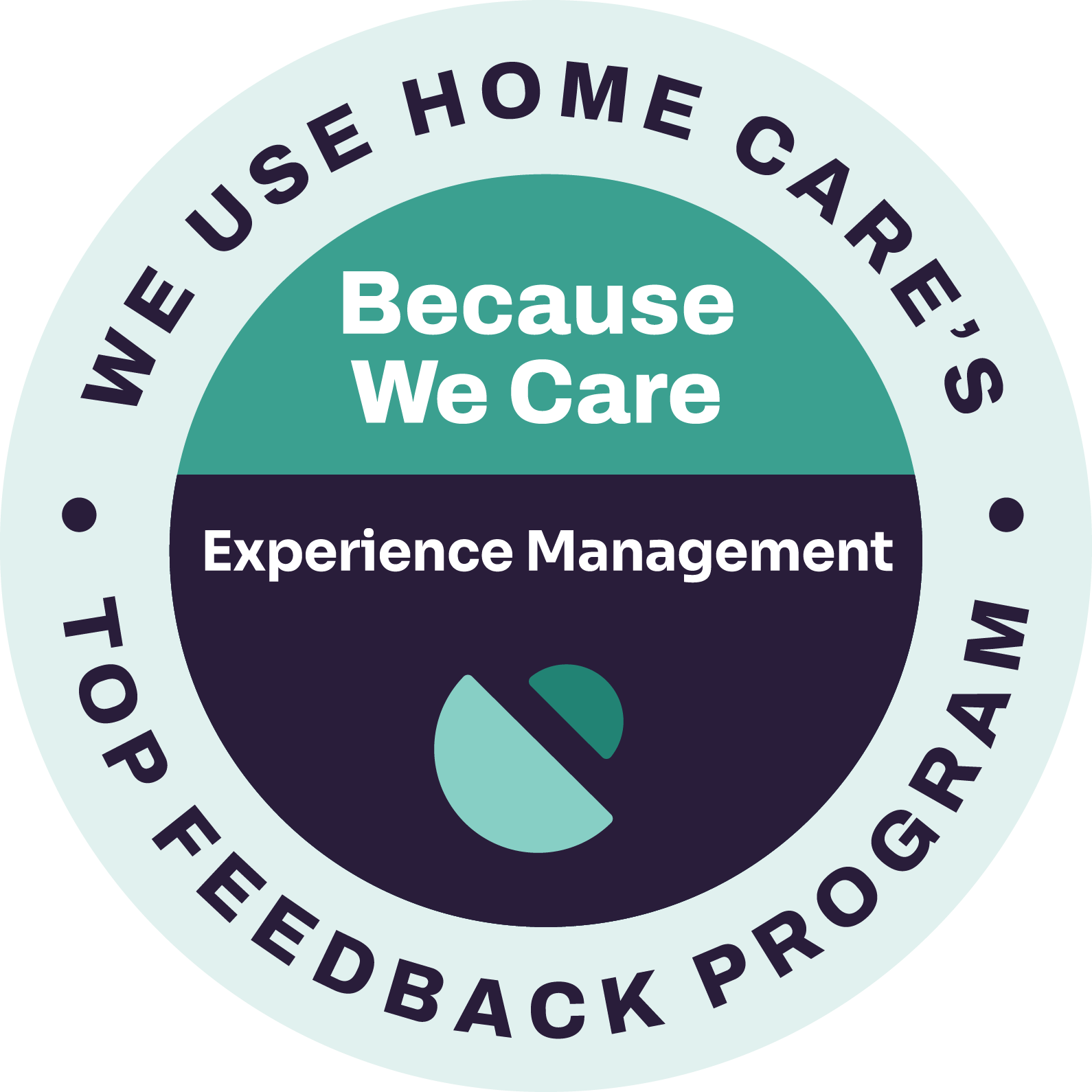“Friends Postpone Death.” That was Phil Agnew’s startling summary of several studies reporting the positive impact of relationships on our health. One study involved people over the age of 70. It found that “people with the strongest network of friends were 22% less likely to die during the study period of 10 years than those with the weakest network of friends.” Supporting friendships is an important elder care goal!
Phil Agnew is a behavioral scientist who has a weekly podcast, Nudge. In a recent episode, Agnew talked with Marc Schulz, co-author of The Good Life.
Schulz said, “Relationships keep us happier and healthier throughout our lifetime.” He went on to share findings from an ongoing Harvard Study that begin in 1938. “Everyone in their 80s in our study had regrets. They were always about relationships and always about wishing they had leaned into them more and that they had been kinder in life.”

Inherited Happiness
Our genetics and upbringing have significant effects on our relationships. Schulz referenced a popular, often-cited study suggesting about 50% of our happiness is shaped by our genes, so we’re inheriting a certain amount of our happiness. He went on to explain that relationships are easier for us if we grew up in a home with parents who were present, loving, and accepting.
Kids not raised in such a supportive environment are more likely to be wary of relationships and trusting other people. But good news – the research found that people who grew up in very difficult homes could still thrive because of relationships they developed in their young adult and adult years.
Social Fitness
Schulz introduced the concept of “social fitness” – something to be exercised regularly and intentionally. Just like physical fitness, social fitness keeps us healthy. According to Schulz, “If we don’t lean into our social fitness, our relationships wither.”

How can we exercise social fitness? Schulz suggests making it a priority to consider, “What can I do today to connect with people that are important to me? Who do I want to reach out to, to let them know I am thinking about them? To schedule a time to see that person or to talk with them. A lot of our happiness is shaped by what we do – our experiences everyday.”
Schulz was adamant, “We need to be urgent about this. Every day…evaluate our social fitness, and think about ways we can engage and improve our relationships with others.”
Elder Care Support
From helping ensure your home is clean and welcoming to providing transportation for social visits, your Sunlight Caregiver can make it easier to stay connected with friends. Our Caregivers can also help you stay in touch through phone calls, video chats, and social media, bridging any technology gaps that might prevent regular communication. Senior care in Omaha…senior care in Lincoln…senior care in Des Moines…Sunlight Caregivers can provide reminders and encouragement to help you achieve your social fitness goals. And of course, your Caregiver is a new friend too!
(Read more: Senior Happiness? It’s Surprisingly Simple!)
Marc Schulz is Associate Director of The Harvard Study of Adult Development. It’s the longest study of human happiness ever conducted, beginning in 1938. He is also co-author of The Good Life, Lessons From the World’s Longest Scientific Study of Happiness.






